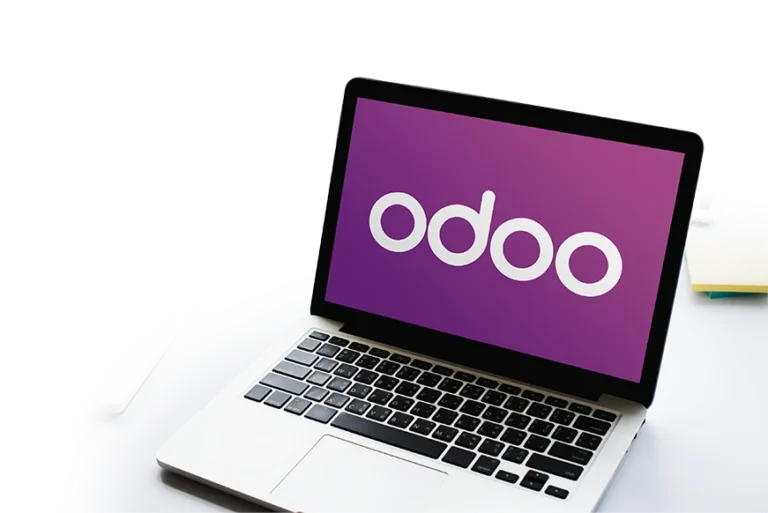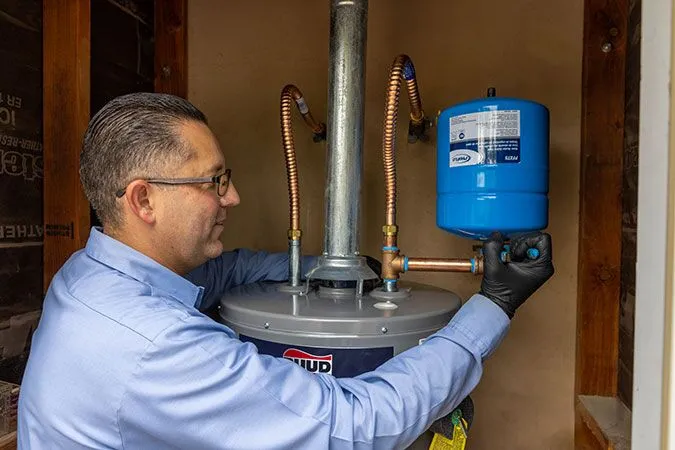The hospitality industry thrives on visibility, engagement, and reputation. In today’s digital-first world, travelers rely heavily on online platforms to research, compare, and book hotels, resorts, and vacation rentals. A hospitality digital marketing agency plays a crucial role in bridging the gap between potential guests and hospitality brands by employing proven digital strategies that directly impact occupancy rates and revenue. Below, we’ll explore the top seven ways a hospitality digital marketing agency transforms bookings and helps businesses achieve sustainable growth.
1. Optimizing Websites for Conversions
The first impression of any hotel or resort often comes from its website. A hospitality digital marketing agency ensures that websites are designed with user experience (UX) in mind, loading quickly, mobile-friendly, and easy to navigate. They implement strategies such as clear calls-to-action (CTA), simplified booking processes, and visually appealing layouts that highlight rooms, amenities, and offers. By reducing friction in the booking journey, agencies help turn casual browsers into confirmed guests.
2. Leveraging Search Engine Optimization (SEO)
When travelers search for accommodations, appearing on the first page of search results can make all the difference. Agencies use SEO strategies to optimize hotel websites for location-based keywords, such as “luxury hotel in Miami” or “affordable resorts in Bali.” They create optimized content, update meta tags, and implement local SEO practices like Google Business Profile management. This not only boosts organic visibility but also attracts highly qualified traffic—travelers actively searching for accommodations.
3. Implementing Paid Advertising Campaigns
Paid advertising, such as Google Ads and social media campaigns, is another powerful tool used by hospitality digital marketing agencies. These targeted ads place hotels in front of potential guests at the exact moment they are looking for a stay. Agencies design data-driven campaigns with precise audience targeting—based on demographics, travel interests, or booking intent. By crafting compelling ad copy and optimizing budget allocation, agencies maximize return on investment (ROI) and drive direct bookings, reducing dependency on third-party booking sites.
4. Managing Online Reputation and Reviews
Guest reviews significantly influence booking decisions. A digital marketing agency monitors and manages a hotel’s online reputation across platforms like TripAdvisor, Google, and Booking.com. They respond to reviews promptly and professionally, highlighting customer service excellence. Additionally, they encourage satisfied guests to leave positive feedback, which improves star ratings and builds trust. With stronger online reputations, hotels gain credibility and attract more guests who feel confident in their decision to book.
5. Harnessing the Power of Social Media
Social media has become a vital touchpoint for hospitality businesses. A hospitality marketing agency crafts tailored content for platforms like Instagram, Facebook, and TikTok to showcase hotel experiences, amenities, and events. They employ storytelling, influencer partnerships, and user-generated content (UGC) to create authentic connections with travelers. Social media ads further boost reach, targeting users who have shown interest in travel or previously engaged with the brand. A strong social presence keeps hotels top-of-mind, driving both direct engagement and bookings.
6. Using Email Marketing for Guest Retention
While attracting new guests is important, retaining past guests is often more cost-effective. Agencies design personalized email marketing campaigns that nurture relationships with former visitors. This includes sending exclusive offers, seasonal discounts, event invitations, and loyalty program promotions. Personalized emails based on guest behavior—such as birthdays or anniversary reminders—make customers feel valued and increase the likelihood of repeat bookings. By staying connected, hotels build long-term guest loyalty and steady occupancy rates.
7. Applying Data Analytics for Smarter Decisions
One of the greatest strengths of a hospitality digital marketing agency is the ability to analyze data and turn insights into action. They track website performance, ad campaign metrics, social engagement, and booking patterns. Using advanced tools, they identify which strategies generate the most revenue and refine underperforming ones. Data-driven decision-making ensures continuous improvement, enabling hotels to adapt quickly to market shifts, seasonal trends, and traveler behaviors. The result is smarter marketing investments and higher booking conversions.
Conclusion
The hospitality industry is more competitive than ever, and relying solely on traditional methods is no longer enough. A hospitality digital marketing agency brings specialized expertise, innovative tools, and proven strategies to transform the way hotels attract, engage, and retain guests. From SEO and paid ads to reputation management and data analytics, these agencies provide a comprehensive approach that not only boosts visibility but also drives direct bookings. By leveraging these seven transformative strategies, hospitality businesses can secure a stronger market presence, achieve higher occupancy rates, and build lasting guest relationships in today’s digital era.




